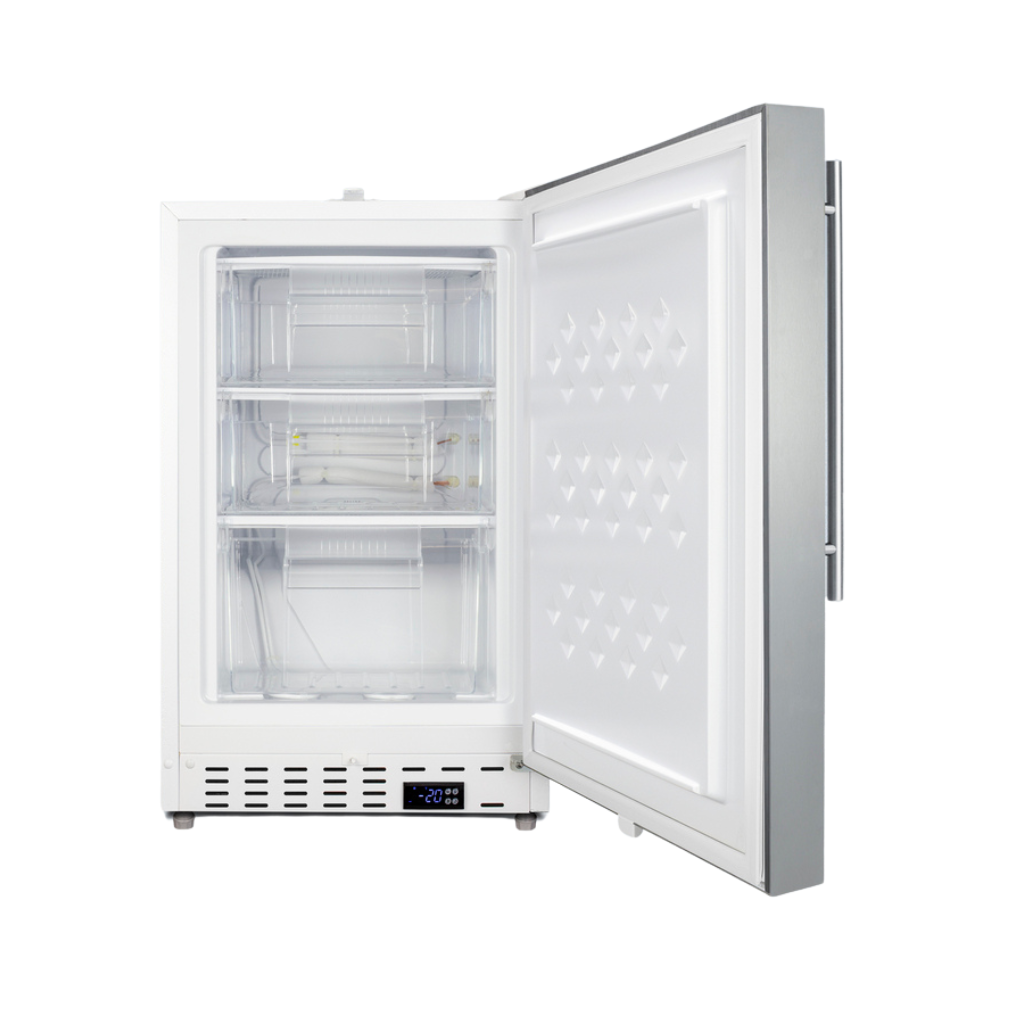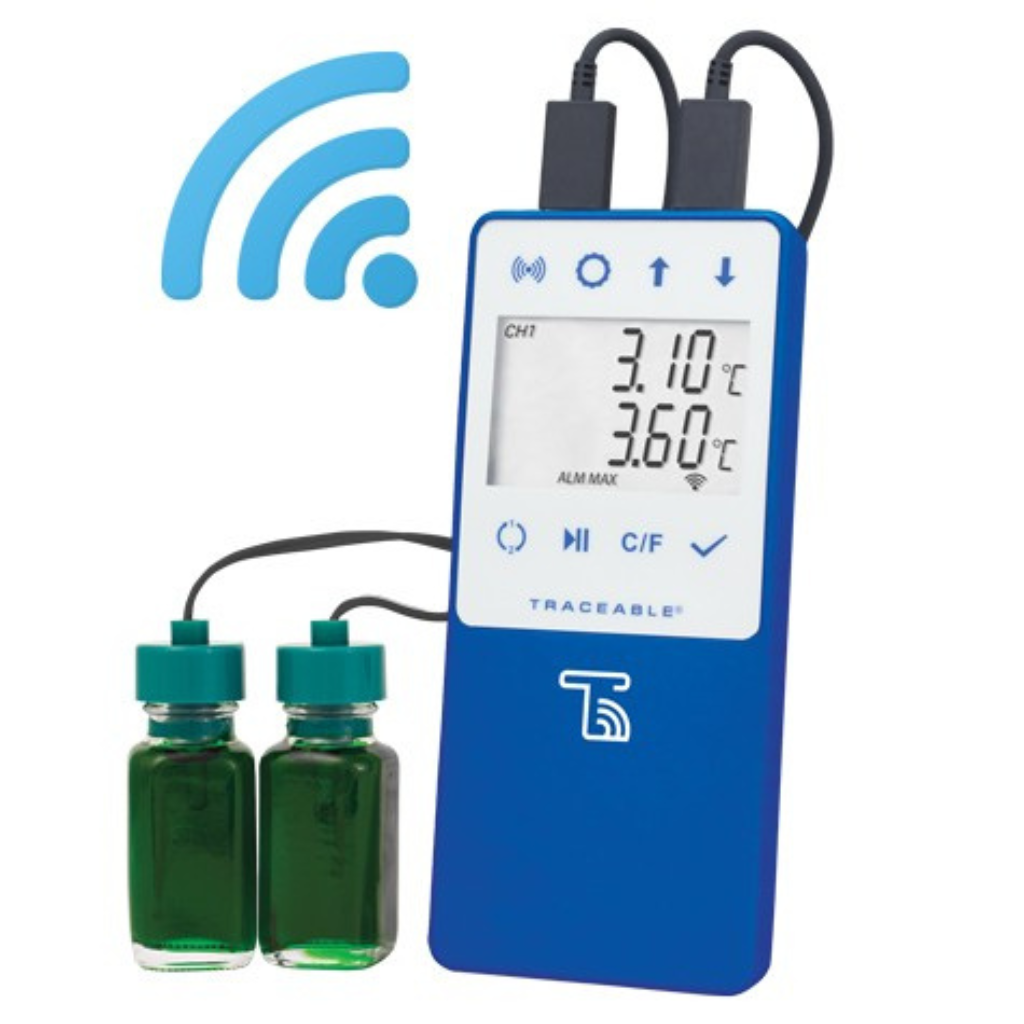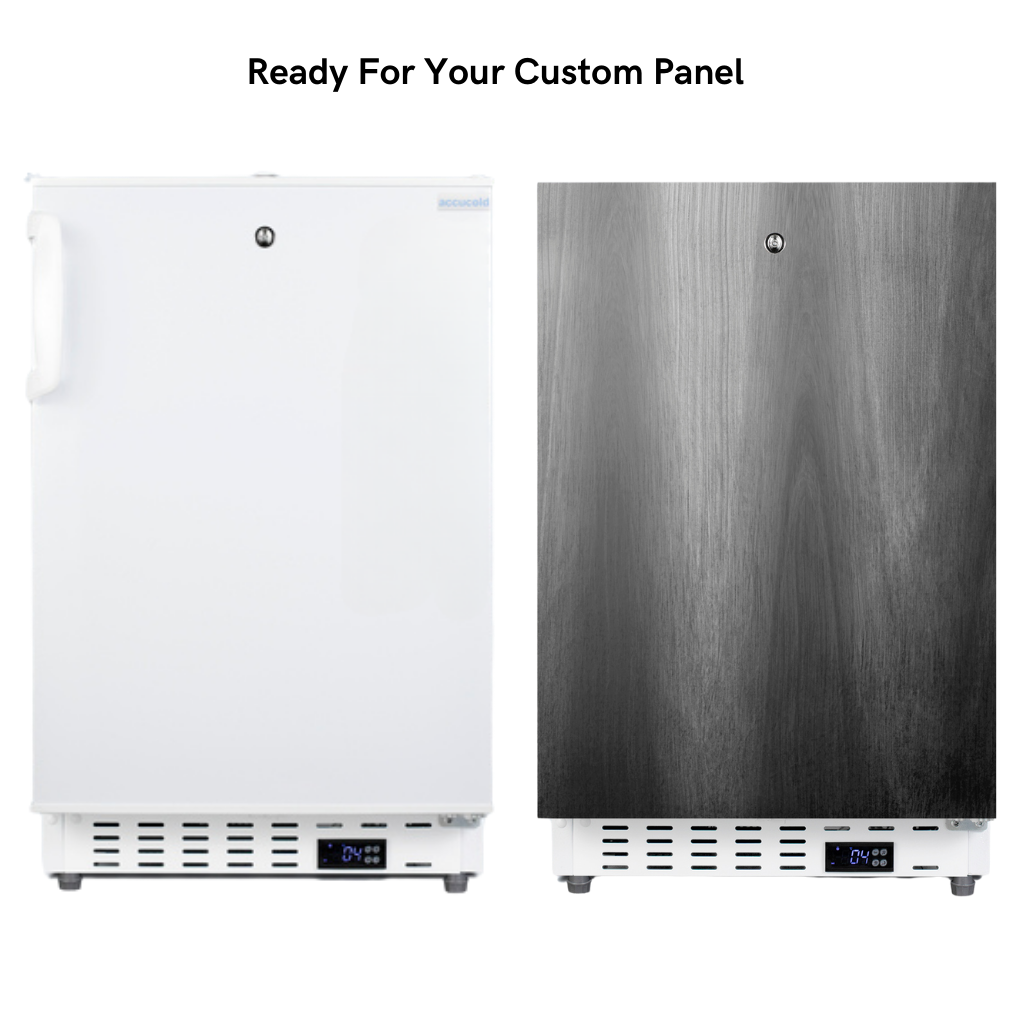Your Cart is Empty
Menu
-
- SHOP EQUIPMENT
- SHOP SUPPLIES
- BUSINESS SOLUTIONS
- OUR BRANDS
-
- About Us
- Contact Us
- (800) 880-8260
- Login

How to Log Temperature in Refrigeration — And Why It Matters in Your Med Spa
September 15, 2025 2 min read
From injectables and serums to PRP kits, your Medical Spa likely stores several temperature-sensitive products. That’s where proper refrigeration, and meticuloustemperature logging come in.
In this blog post, we’ll walk you through how to log temperatures correctly and how premium equipment makes compliance effortless.
Why Logging Temperature Matters
Whether you're preparing for an inspection or protecting your inventory from spoilage, logging refrigeration temperatures is a non-negotiable part of running a compliant med spa.
Temperature logging helps you:
-
Meet local health regulations
-
Prevent product degradation or spoilage
-
Track fluctuations and pre-empt equipment failure
-
Keep a digital or manual paper trail for audits

Step-by-Step: How to Log Temperatures
1. Use the Right Equipment
Reliable temperature logging starts with quality refrigeration. The CoolCouture line combines luxury design with medical-grade performance to help you store products within the ideal range, and look good doing it.
-
CoolCouture Luxury Refrigerator: Perfect for storing injectables, topical products, or IV therapy essentials. Explore the Refrigerator →
-
CoolCouture Luxury Freezer: Ideal for longer-term storage, including PRP tubes or cryo supplies. Explore the Freezer →
Both units featuredigital temperature displays for accurate daily checks.
2. Automate with a WiFi Data Logger
Want to take the guesswork and manual work out of compliance? The WiFi Data Logger for Refrigerators & Freezers is your best friend.

This small but powerful device automatically tracks and stores temperature data at set intervals—no clipboard required. It even alerts you by email in the event of a power outage or temperature fluctuation, helping you act fast and avoid spoilage.
Best part? You’ll have a complete digital log ready for audits, without lifting a pen.
✅ Fully compliant
✅ Cloud storage
✅ Real-time alerts
👉 Add a WiFi Data Logger to your setup
3. Set a Logging Schedule
We recommend logging temperatures twice daily: once in the morning when the spa opens, and once before closing.
Pro tip: Some states may require more frequent logging depending on what you store, so always check local guidelines.
4. Record Consistently
Use a temperature log sheet or adigital logbook. Record the:
-
Date & time
-
Current temperature
-
Any corrective actions taken (e.g., if the temperature was outside of range)
-
Initials of the person logging
Bonus: You can attach a clipboard directly to the CoolCouture unit or keep a binder nearby for ease of use.
5. Stay Within the Ideal Ranges
Most medical-grade products require:
-
Refrigerator: 2°C to 8°C (35.6°F to 46.4°F)
-
Freezer: -15°C or colder (5°F or below)
The CoolCouture units are designed to maintain these ranges with precision, ensuring nothing slips through the cracks — even during heavy use.
6. Review and Store Logs Regularly
Keep logs on file for at least 2 years or per local requirements. This helps if you're audited or if you ever need to trace a product’s storage history.

Temperature logging, with the right tools, can become a seamless part of your daily workflow.
Upgrade your spa refrigeration setup with CoolCouture →
Need help setting up a logging system? Contact our team for a custom equipment planning consultation, no obligation.
Leave a comment
Comments will be approved before showing up.
Invalid Password
Enter